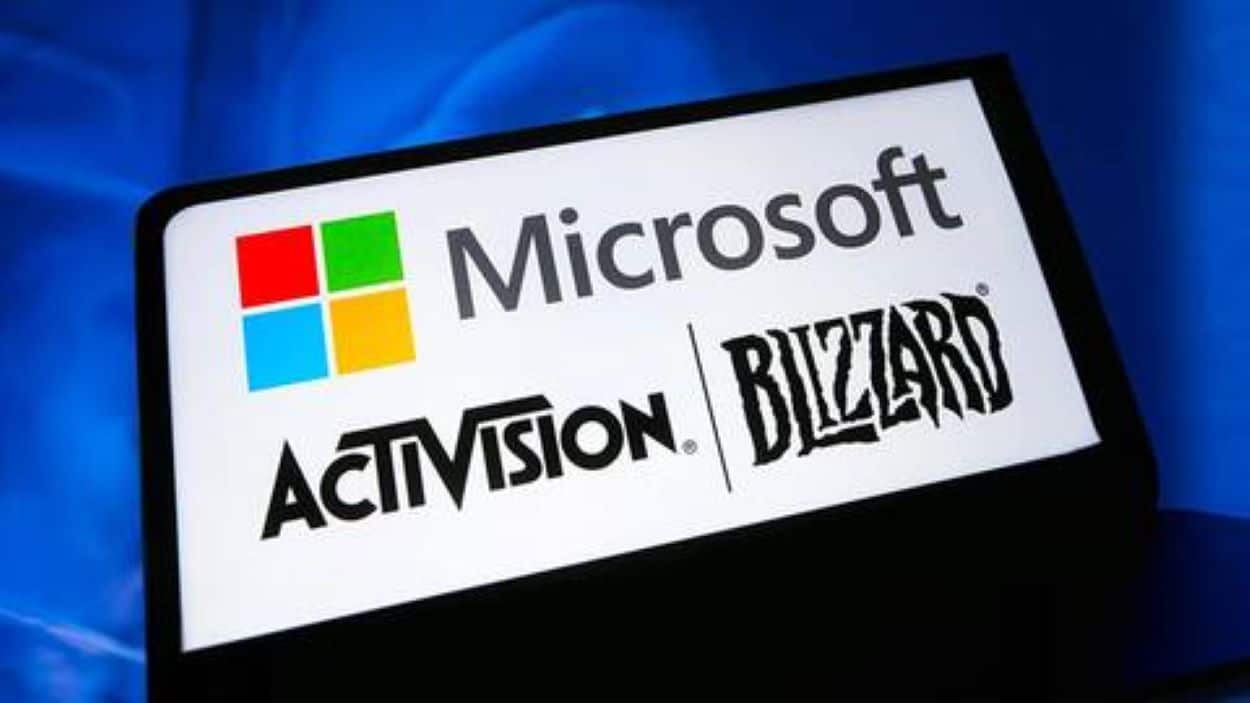On May 22, 2025, the U.S. Federal Trade Commission (FTC) dismissed its legal challenge against Microsoft’s $69 billion acquisition of Activision Blizzard, ending one of the gaming industry’s most significant antitrust battles. The decision, announced via an FTC order, reflects a strategic pivot under President Donald Trump’s administration, as the agency deemed continuing the case against the finalised October 2023 deal not in the public interest.
The FTC filed its complaint in December 2022, arguing the acquisition could harm competition in gaming, particularly in console, subscription, and cloud gaming markets. However, a July 2023 court ruling allowed the merger to proceed, and a failed appeal in May 2025 sealed the agency’s setbacks. The $69 billion deal, the largest in gaming history, strengthened Microsoft’s portfolio with franchises like Call of Duty, World of Warcraft, and Candy Crush.
The US FTC has finally dropped its case against Microsoft over the Activision Blizzard acquisition. pic.twitter.com/ureLGnJUz5
— CharlieIntel (@charlieINTEL) May 22, 2025FTC Chairman Andrew Ferguson, appointed by Trump, signalled a shift in priorities, focusing on cases aligned with the administration’s agenda, such as investigating alleged advertiser collusion on Elon Musk’s X platform. The FTC also dropped other cases initiated under prior leadership, including one against PepsiCo for price discrimination.
Microsoft’s Response and Commitments
Microsoft President Brad Smith praised the FTC’s decision, calling it “a victory for players across the country and common sense in Washington, D.C.” He reaffirmed Microsoft’s commitment to keeping Call of Duty and other Activision titles available on multiple platforms, addressing concerns about exclusivity raised during the antitrust review. The company now focuses on integrating Activision Blizzard into its Xbox gaming division, aiming to expand its Game Pass subscription service and cloud gaming offerings.
FTC drops case over Microsoft's $69 billion Activision Blizzard deal https://t.co/yld9Yi81Gh https://t.co/yld9Yi81Gh
— Reuters (@Reuters) May 23, 2025The FTC’s withdrawal clears the path for Microsoft to consolidate its gaming dominance, raising questions about competition in subscription services like Game Pass and cloud gaming platforms. Industry analysts, cited by Reuters, note potential benefits for consumers, such as broader game access, but warn of risks like reduced innovation if market consolidation stifles smaller developers.
Under Trump’s administration, the FTC’s pivot suggests a less aggressive stance on tech mergers than the Biden era, which saw heightened scrutiny of Big Tech acquisitions. The dismissal aligns with Ferguson’s reported focus on “practical” antitrust enforcement, though critics, including Democratic lawmakers, argue it weakens consumer protections. The FTC’s new direction, including probes into X’s advertising practices, will likely shape future regulatory battles.
As Microsoft integrates Activision Blizzard, stakeholders watch for gaming innovation and pricing impacts.






